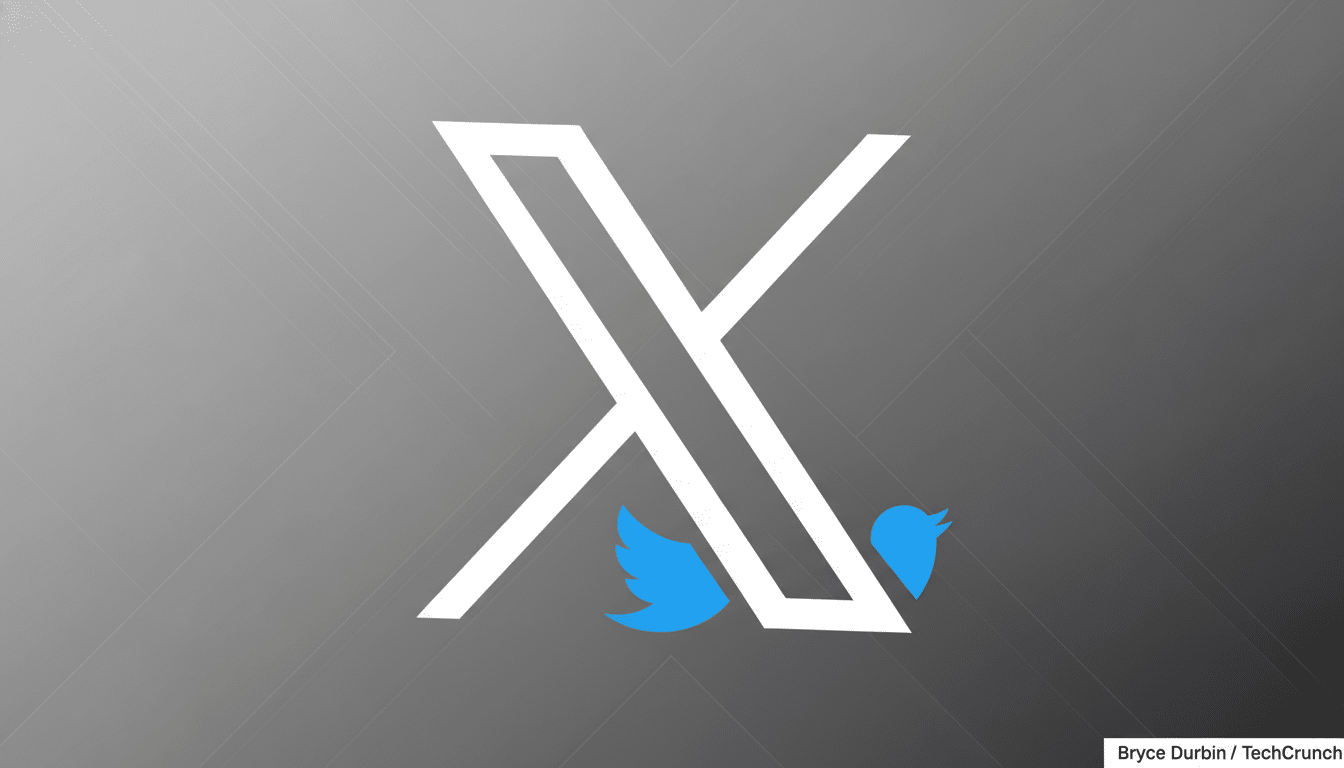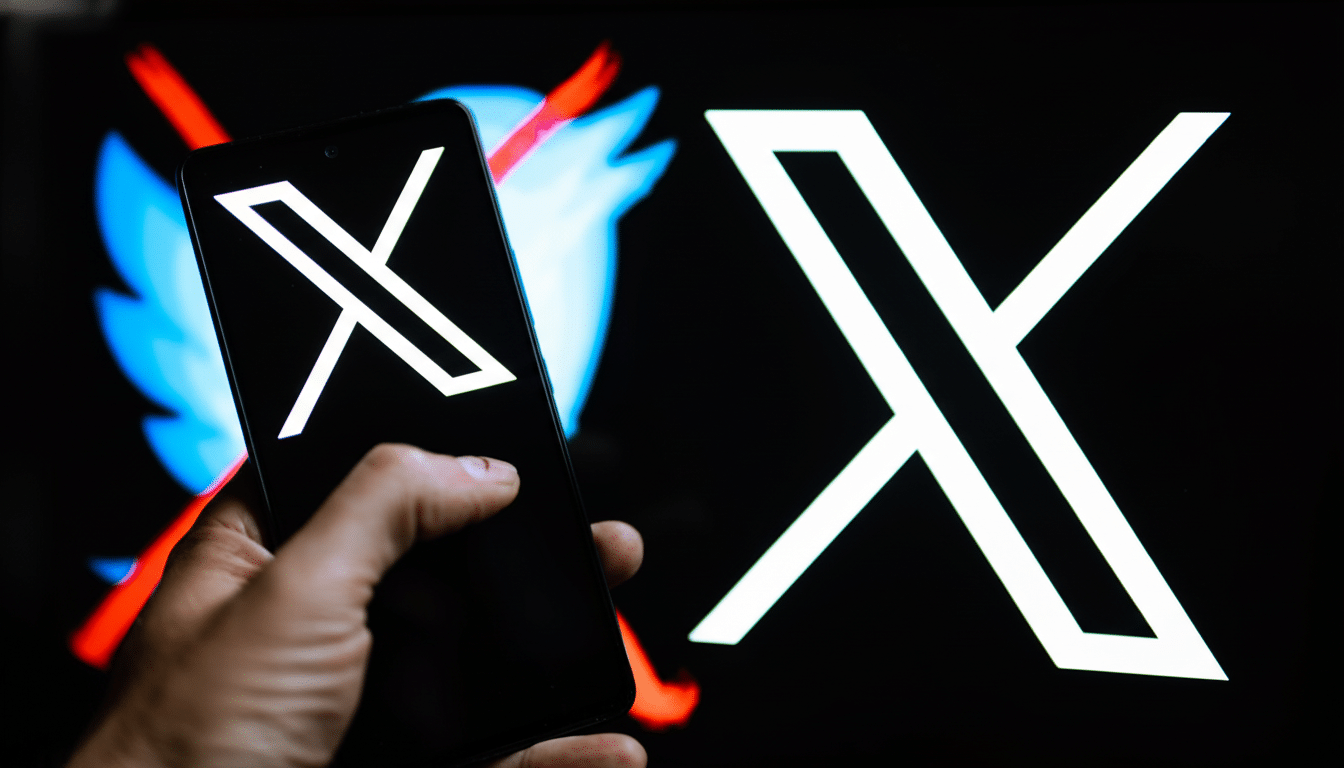YouTube has reached a $24.5 million settlement with former President Donald Trump over the suspension of his channel after the attack on the U.S. Capitol, according to reporting ascribed to The New York Times. Most of the money in the settlement will go toward an infrastructure project at the executive mansion, with another portion doled out among other plaintiffs.
Settlement Ties Back To Jan. 6 Suspension
YouTube suspended Trump’s account after the Capitol siege, saying his content could stoke further violence. The move followed similar actions taken on other platforms, such as Facebook, Instagram and what is now X (formerly known as Twitter), which deleted or restricted his accounts according to their terms of service.

Trump later filed lawsuits challenging the companies and executives over what he claims amounts to unlawful censorship. Though the First Amendment limits government but not private platforms, his legal team argued that tech giants hold extraordinary sway over public discourse and had coordinated with officials. The companies have largely rejected such characterizations and justified their moderation decisions as being based on policy, independently arrived at.
The new settlement follows previous settlements between Trump and Meta for $25 million and between the company and X, for $10 million, after his accounts were reinstated. YouTube restored his channel as part of the company’s easing of some election-related restrictions and rebalancing of its enforcement approach.
How They Will Spend The Payout From The Settlement
Terms of the settlement include $22 million for a new White House ballroom and $2.5 million to co-plaintiffs, author Naomi Wolf and the American Conservative Union, among others.
The allocation is unusual though not without precedent: historically, renovations to what’s known as the White House complex have combined taxpayer money with private support that is marshaled through vehicles like the White House Historical Association and then supervised by federal stewards.
Any project within the Executive Residence typically is reviewed by the National Park Service and General Services Administration. Ethics experts say earmarking settlement funds for a public facility mitigates personal benefit concerns but could still prompt examination of donor influence and transparency on project governance.
Private Platforms And Free Speech Limits
Legal scholars stress that private platforms are free to enforce their own rules. The courts have made it clear over and over again that the First Amendment doesn’t require platforms like YouTube, Facebook or X to carry speech that violates their terms of service. The act also includes liability shields for hosting content from users in Section 230 of the Communications Decency Act, but it does not shield companies entirely.

Meantime, there is increasing litigation over government engagements with platforms. The Knight First Amendment Institute’s efforts regarding official accounts and continued NetChoice challenges to state social media laws underscore a current environment where regulations about how online speech should be moderated are still evolving. Settlements like this one are often the result of a pragmatic calculation to avoid protracted discovery, uncertain courts and risk to reputation, media law specialists say.
A Signal To Silicon Valley On Moderation
YouTube has updated its policies over time, pulling down videos that could mislead voters about participation but easing some restrictions on claims of election fraud to allow for newsworthy debate. The platform has also bolstered context panels and appeals processes as part of its efforts to improve transparency. YouTube has previously announced taking down more than a million videos for dissemination of COVID-19 misinformation during the pandemic, which gives some sense of the magnitude of its enforcement operation.
For platforms, the Trump settlements were about clarity as much as compromise. They arrive as social networks navigate pressure from lawmakers, advertisers and users over what to take down versus what to label. According to Pew Research Center surveys, Americans are divided over whether major platforms should bar political figures; the split often falls along party lines, raising the stakes even higher for any high-profile decision.
Other Media Settlements In The Mix This Year
The YouTube deal comes on the heels of separate payouts by Paramount — which reportedly reached a settlement in connection with edits of a 60 Minutes interview — and ABC, which resolved claims over statements by an anchor on air. The agreements, along with the Meta and X deals, indicate that big media companies are now choosing to limit legal exposure rather than fighting a high-visibility plaintiff in court.
Trump is also embroiled in other litigation, including a defamation case he filed against a national newspaper over coverage that linked him with Jeffrey Epstein. Those cases are likely to keep questions about speech, reputation and the responsibility of the media legally, and therefore politically, alive for a while longer.
What To Watch Next In Platform Policy And Law
Look for new attention to how platforms orchestrate policy decisions around public figures, potential congressional interest in transparency into account-level enforcement, and ongoing wrangling over the parameters of Section 230. For YouTube, the settlement removes an imminent legal threat but leaves it back on a familiar tightrope: allowing vigorous political speech while setting clear boundaries around content that may lead to real-world harm.
Seen that way, a multimillion-dollar settlement is less a judgment of who was right in 2021 than a pay-to-clarify moment for the internet of 2025 — an acknowledgment that amid the messy middle of platform governance, legal clarity often outweighs cost.

